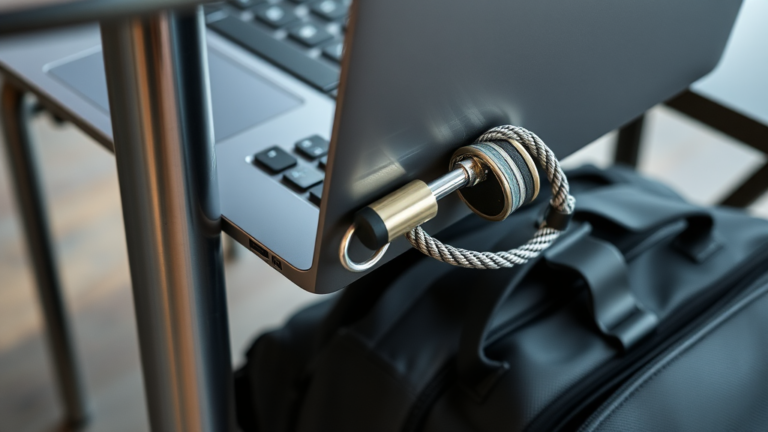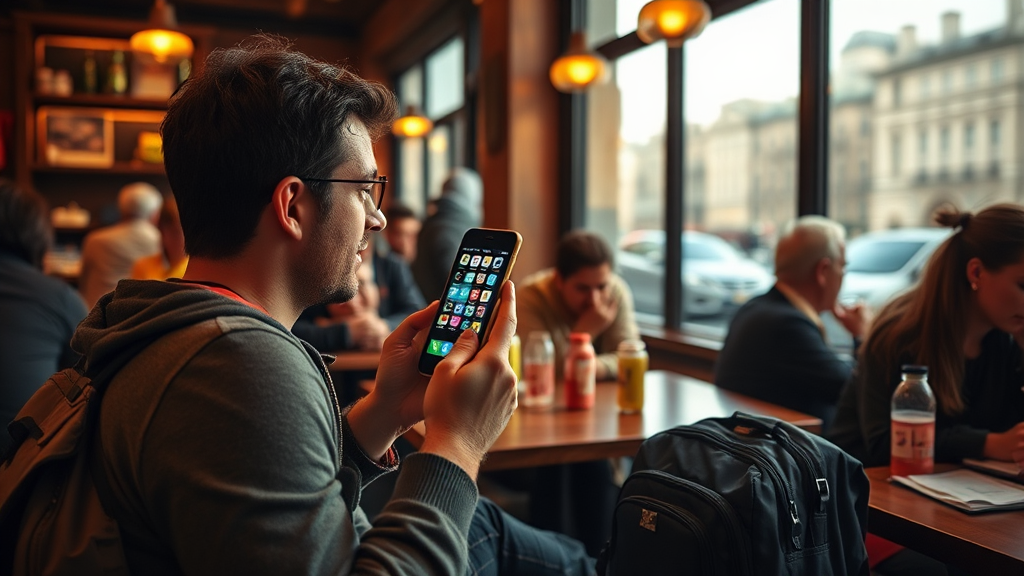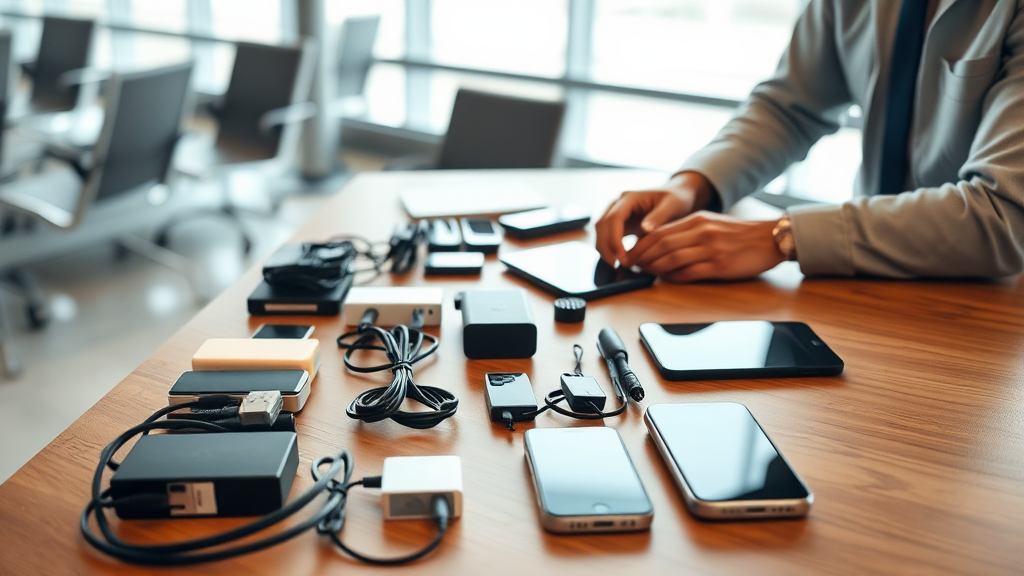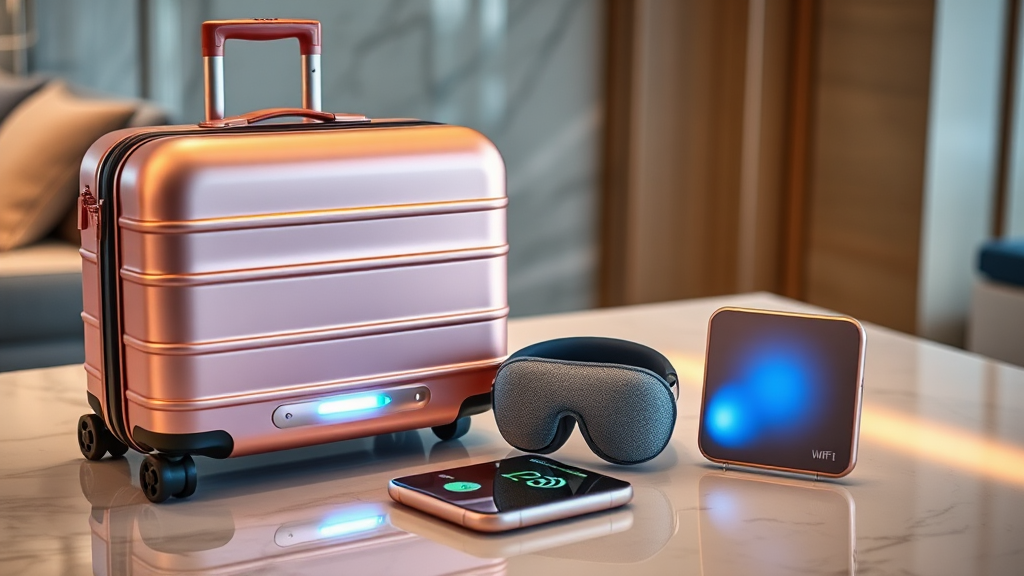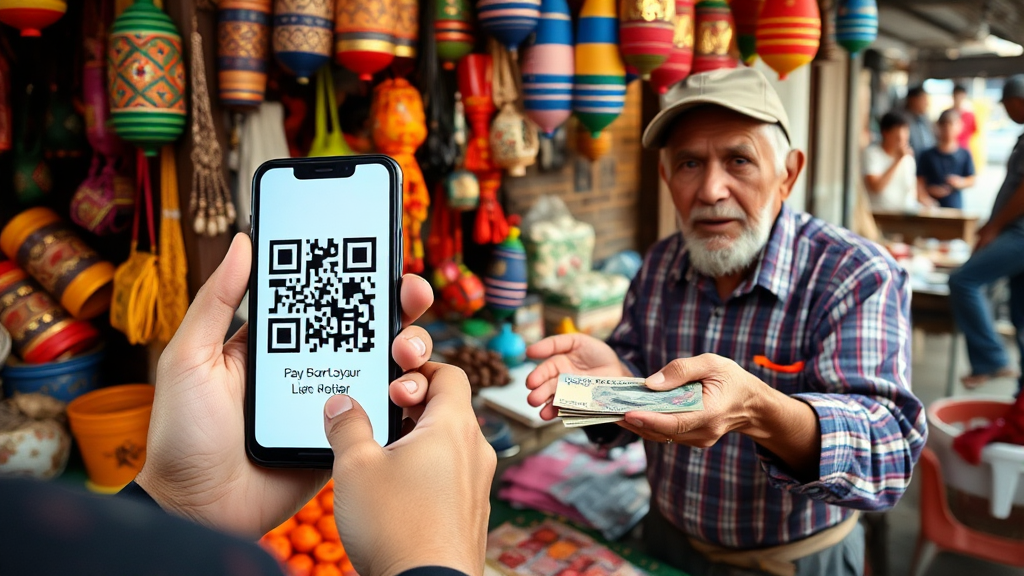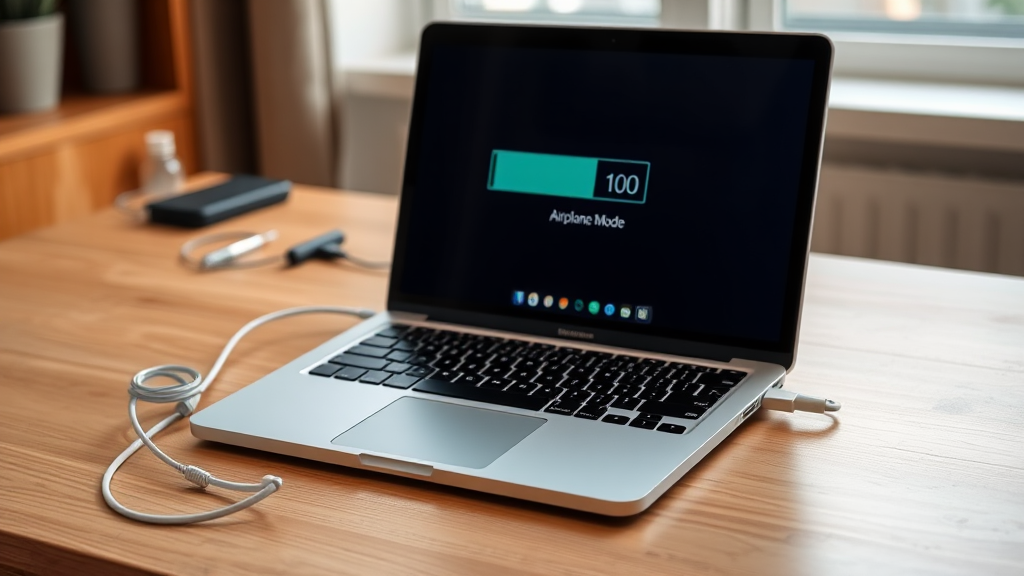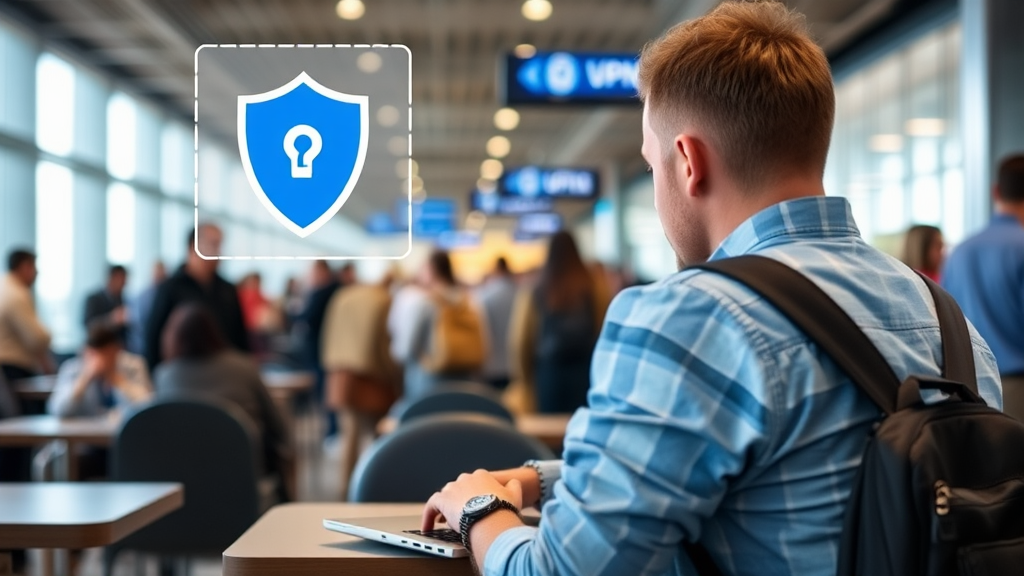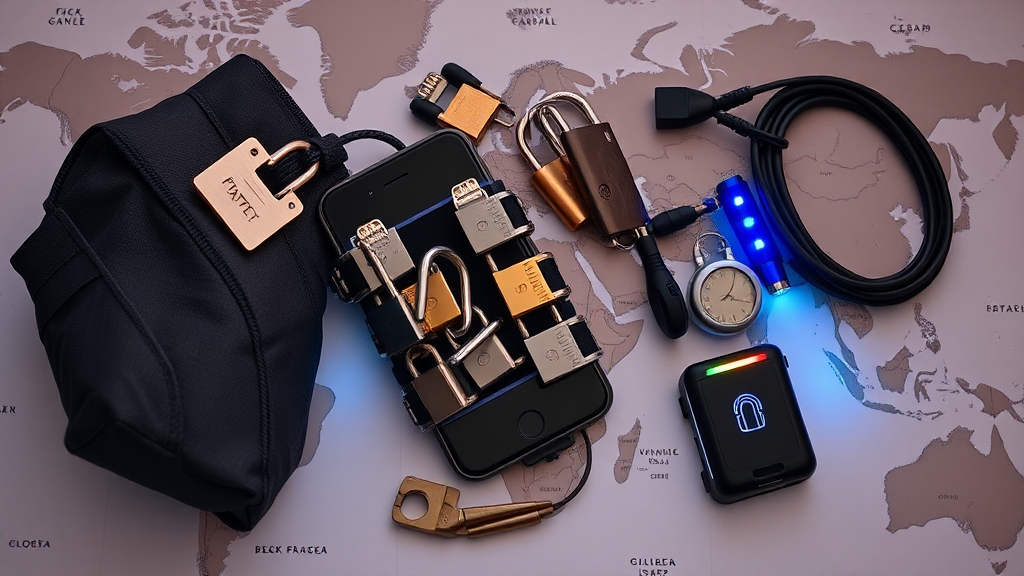Traveling with a laptop requires careful consideration of security and safety. Whether you’re navigating busy airports, working from hotel rooms, or attending meetings, protecting your laptop from theft, damage, and data breaches is crucial. Here are practical tips to ensure your laptop remains safe while you’re on the road.
1. Use a Quality Laptop Bag
Why It Matters: A sturdy, well-padded laptop bag is your first line of defense against physical damage and theft.
- Padded Compartments: Choose a bag with dedicated, padded compartments for your laptop and accessories. This helps absorb shocks and prevents scratches during transit.
- Anti-Theft Features: Look for bags with anti-theft features such as lockable zippers, RFID-blocking pockets, and cut-resistant straps. Brands like Targus and Incase offer bags designed specifically for business travelers.
2. Be Mindful of Your Surroundings
Why It Matters: Awareness of your environment can significantly reduce the risk of theft or loss.
- Stay Alert: Always be mindful of your surroundings, especially in crowded areas like airports or cafes. Keep an eye on your bag and avoid leaving it unattended.
- Use a Cable Lock: When working in public spaces, consider using a cable lock to secure your laptop to a stationary object. This adds an extra layer of security and discourages opportunistic theft.
3. Implement Strong Passwords and Encryption
Why It Matters: Protecting your data is just as important as protecting your hardware.
- Strong Passwords: Use strong, unique passwords for your laptop and accounts. Consider using a password manager to generate and store complex passwords securely.
- Full Disk Encryption: Enable full disk encryption on your laptop. This ensures that even if your device is stolen, your data remains inaccessible without the correct password. Windows offers BitLocker, while macOS has FileVault for this purpose.
4. Regularly Back Up Your Data
Why It Matters: Data loss can occur due to theft, hardware failure, or accidental deletion. Regular backups ensure you don’t lose important files.
- Cloud Storage: Use cloud storage solutions like Google Drive, Dropbox, or OneDrive to back up your files automatically. This allows you to access your data from any device, even if your laptop is lost.
- External Hard Drives: Consider keeping an external hard drive for additional backups. Regularly transfer important files to the drive, and store it separately from your laptop when traveling.
5. Keep Software Updated
Why It Matters: Keeping your operating system and software up to date helps protect against security vulnerabilities.
- Automatic Updates: Enable automatic updates for your operating system and applications. This ensures you receive the latest security patches and features without manual intervention.
- Antivirus Software: Install reputable antivirus software and keep it updated. Regular scans can help detect and eliminate malware or other security threats.
6. Use a Virtual Private Network (VPN)
Why It Matters: Public Wi-Fi networks can be risky, as they are often unsecured and susceptible to hackers.
- VPN Benefits: A VPN encrypts your internet connection, protecting your data from prying eyes. This is especially important when accessing sensitive information or conducting business transactions over public networks.
- Choose a Reliable Provider: Select a reputable VPN service that offers strong encryption and a no-logs policy. Popular options include NordVPN, ExpressVPN, and CyberGhost.
7. Secure Physical Access
Why It Matters: Limiting physical access to your laptop can prevent unauthorized use or theft.
- Lock Your Laptop: When not in use, lock your laptop with a password or biometric authentication. This prevents unauthorized access if someone gains physical access to your device.
- Log Out of Accounts: Always log out of sensitive accounts, especially when using shared or public computers. This minimizes the risk of someone accessing your information.
8. Use Tracking Software
Why It Matters: Tracking software can help locate your laptop if it’s lost or stolen.
- Find My Device: Enable built-in tracking features like Find My Device for Windows or Find My Mac for macOS. These services can help you locate your laptop and even remotely lock or wipe it if necessary.
- Third-Party Solutions: Consider third-party tracking software like Prey or LoJack. These programs offer additional features, such as taking pictures of the thief or providing location history.
9. Conclusion
Keeping your laptop safe while traveling requires a combination of awareness, preparation, and the right tools.
By investing in a quality laptop bag, staying mindful of your surroundings, implementing strong security measures, and regularly backing up your data, you can significantly reduce the risk of theft and data loss.
Incorporating these practices into your travel routine will help ensure that your laptop—and the valuable information it contains—remains secure, allowing you to focus on your work and enjoy your travels.
With the right precautions in place, you can travel with confidence, knowing that you are well-prepared to protect your essential devices.

